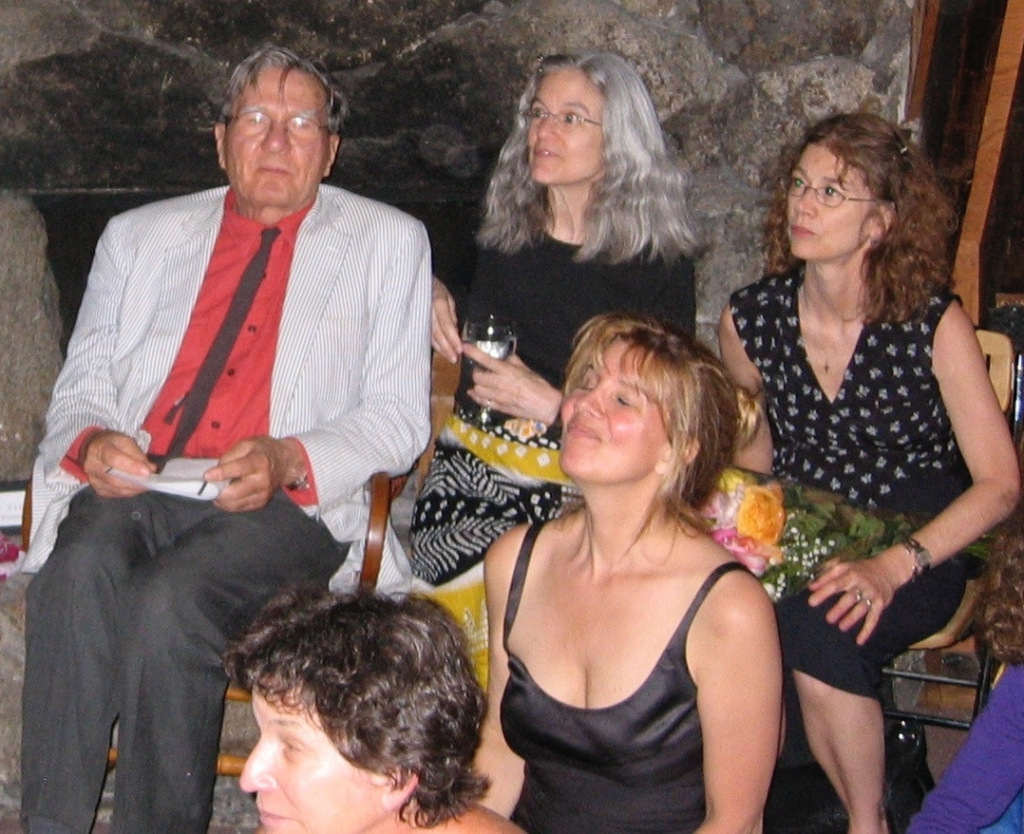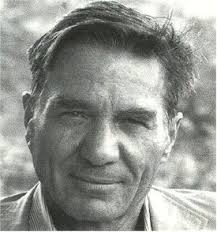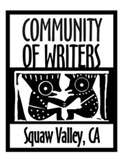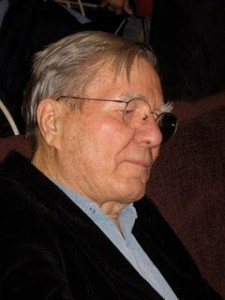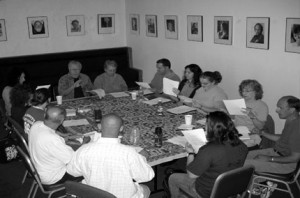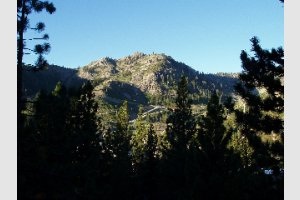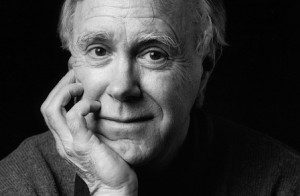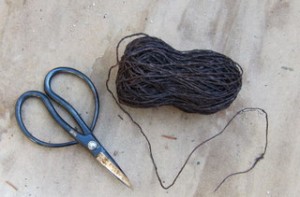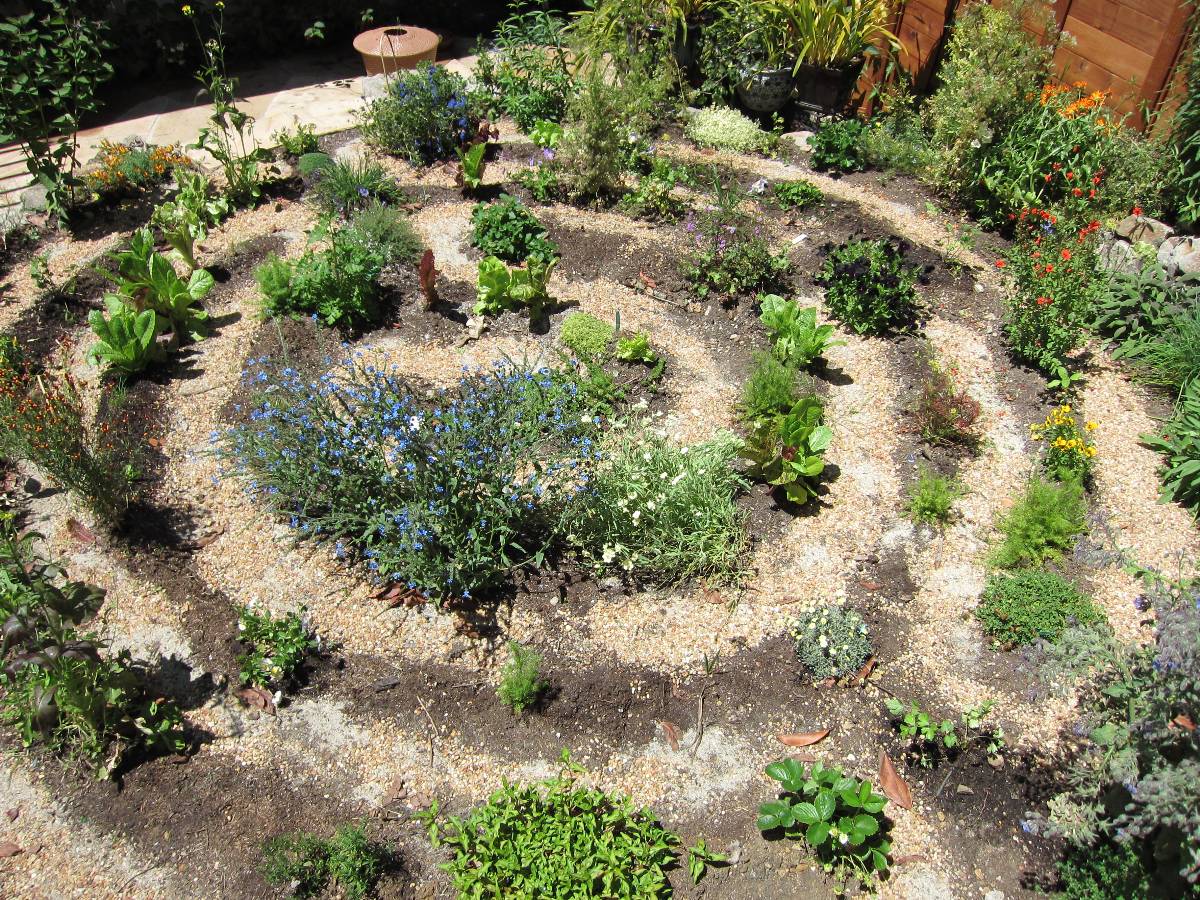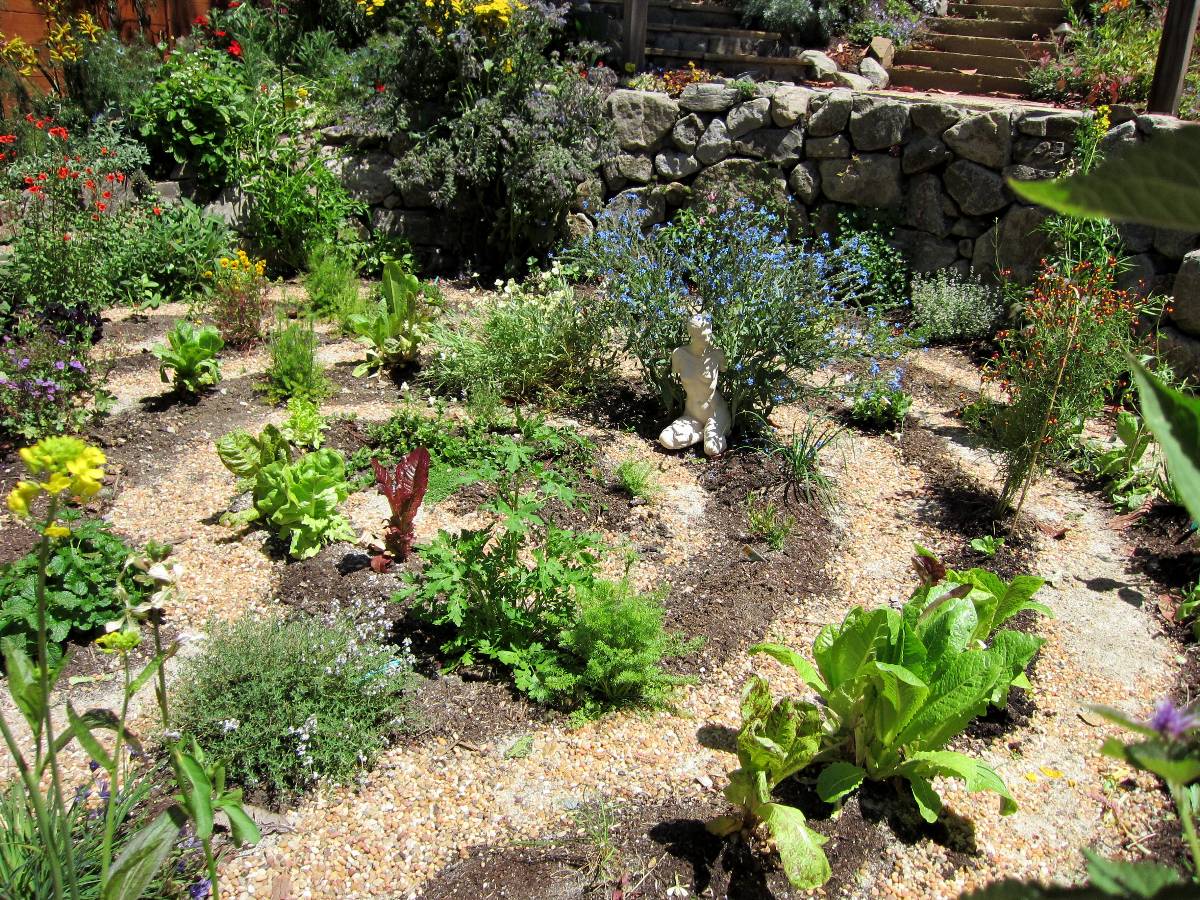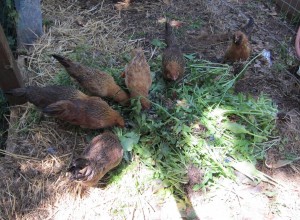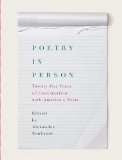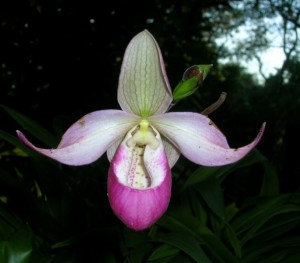Even though I have been unsuccessful in my efforts to find and pick enough blackberries for jam, or even a pie, I have gathered five of my favorite blackberry poems, each somewhat characteristic of its author.
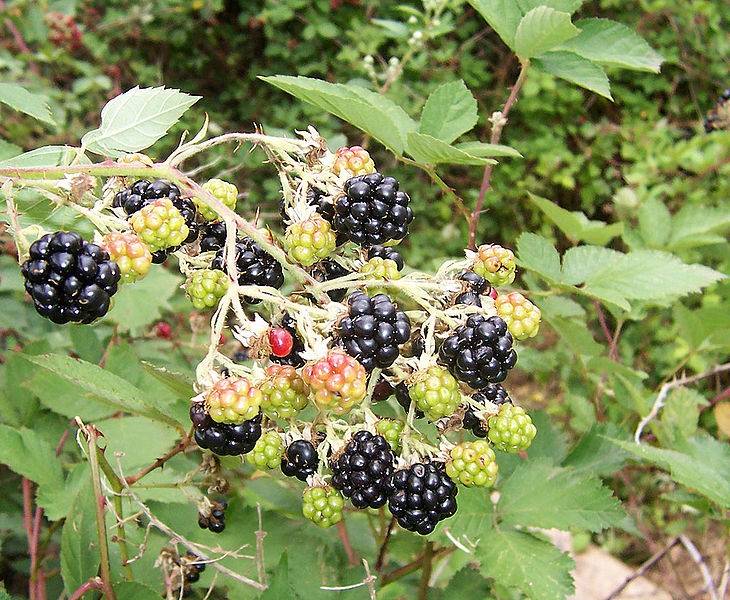 First is Sylvia Plath, whose vision of blackberries is personal–a blood sisterhood, dark, menacing full of hooks:
First is Sylvia Plath, whose vision of blackberries is personal–a blood sisterhood, dark, menacing full of hooks:
Blackberrying
Nobody in the lane, and nothing, nothing but blackberries,
Blackberries on either side, though on the right mainly,
A blackberry alley, going down in hooks, and a sea
Somewhere at the end of it, heaving. Blackberries
Big as the ball of my thumb, and dumb as eyes
Ebon in the hedges, fat
With blue-red juices. These they squander on my fingers.
I had not asked for such a blood sisterhood; they must love me.
They accommodate themselves to my milk bottle, flattening their sides.
Overhead go the choughs in black, cacophonous flocks —
Bits of burnt paper wheeling in a blown sky.
Theirs is the only voice, protesting, protesting.
I do not think the sea will appear at all.
The high, green meadows are glowing, as if lit from within.
I come to one bush of berries so ripe it is a bush of flies,
Hanging their bluegreen bellies and their wing panes in a Chinese screen.
The honey-feast of the berries has stunned them; they believe in heaven.
One more hook, and the berries and bushes end.
The only thing to come now is the sea.
From between two hills a sudden wind funnels at me,
Slapping its phantom laundry in my face.
These hills are too green and sweet to have tasted salt.
I follow the sheep path between them. A last hook brings me
To the hills’ northern face, and the face is orange rock
That looks out on nothing, nothing but a great space
Of white and pewter lights, and a din like silversmiths
Beating and beating at an intractable metal.
Sylvia Plath
Seamus Heaney’s poem focuses on the rot at the heart of the sweetness–a metaphor for Irish politics, or just a childhood memory? Either way, a disturbing poem from the glossy purple clot of the berry to the rat-grey fur of the mold:
Blackberry-Picking
Late August, given heavy rain and sun
For a full week, the blackberries would ripen.
At first, just one, a glossy purple clot
Among others, red, green, hard as a knot.
You ate that first one and its flesh was sweet
Like thickened wine: summer’s blood was in it
Leaving stains upon the tongue and lust for
Picking. Then red ones inked up and that hunger
Sent us out with milk cans, pea tins, jam-pots
Where briars scratched and wet grass bleached our boots.
Round hayfields, cornfields and potato-drills
We trekked and picked until the cans were full
Until the tinkling bottom had been covered
With green ones, and on top big dark blobs burned
Like a plate of eyes. Our hands were peppered
With thorn pricks, our palms sticky as Bluebeard’s.
We hoarded the fresh berries in the byre.
But when the bath was filled we found a fur,
A rat-grey fungus, glutting on our cache.
The juice was stinking too. Once off the bush
The fruit fermented, the sweet flesh would turn sour.
I always felt like crying. It wasn’t fair
That all the lovely canfuls smelt of rot.
Each year I hoped they’d keep, knew they would not.
Seamus Heaney
Mary Oliver’s is pure transcendence, with a thick paw of self reaching for more:
August
When the blackberries hang
swollen in the woods, in the brambles
nobody owns, I spend
all day among the high
branches, reaching
my ripped arms, thinking
of nothing, cramming
the black honey of summer
into my mouth; all day my body
accepts what it is. In the dark
creeks that run by there is
this thick paw of my life darting among
the black bells, the leaves; there is
this happy tongue.
Mary Oliver
For Bob Hass, the blackberry evokes so much else: loss, longing, love, tenderness, metaphysics. His thought reaches out like intractable blackberry vines, covering all available ground, coming to rest with the vibrant specific fruit. I especially love the line “a word is elegy to what it signifies” and the image of the “thin wire of grief” in a friend’s voice. There is so much to admire in the journey this poem makes between the meditative and the specific:
Meditation at Lagunitas
All the new thinking is about loss.
In this it resembles all the old thinking.
The idea, for example, that each particular erases
the luminous clarity of a general idea. That the clown-
faced woodpecker probing the dead trunk
of that black birch is, by his presence,
some tragic falling off from a first world
of undivided light. Or the notion that,
because there is in this world no one thing
to which the bramble of blackberry corresponds,
a word is elegy to what it signifies.
We talked about it late last night and in the voice
of my friend, there was a thin wire of grief, a tone
almost querulous. After a while I understood that,
talking this way, everything dissolves: justice,
pine, hair, woman, you and I. There was a woman
I made love to and I remembered how, holding
her small shoulders in my hands sometimes,
I felt a violent wonder at her presence
like a thirst for salt, for my childhood river
with its island willows, silly music from the pleasure boat,
muddy places where we caught the little orange–silver fish
called pumpkinseed. It hardly had to do with her.
Longing, we say, because desire is full
of endless distances. I must have been the same to her.
But I remember so much, the way her hands dismantled bread,
the thing her father said that hurt her, what
she dreamed. There are moments when the body is as numinous
as words, days that are the good flesh continuing.
Such tenderness, those afternoons and evenings,
saying blackberry, blackberry, blackberry.
Robert Hass
And finally, Galway Kinnell’s inimitable voice, squinching the joy from the fruit onto our tongues:
Blackberry Eating
I love to go out in late September
among the fat, overripe, icy, black blackberries
to eat blackberries for breakfast,
the stalks very prickly, a penalty
they earn for knowing the black art
of blackberry-making; and as I stand among them
lifting the stalks to my mouth, the ripest berries
fall almost unbidden to my tongue,
as words sometimes do, certain peculiar words
like strengths or squinched,
many-lettered, one-syllabled lumps,
which I squeeze, squinch open, and splurge well
in the silent, startled, icy, black language
of blackberry-eating in late September.
Galway Kinnell
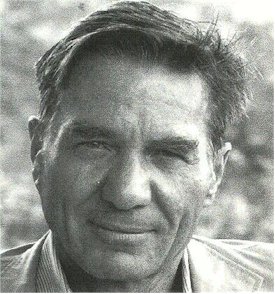 At Squaw Valley, there was a lot of remembering of Galway Kinnell, who was the director and guiding spirit of the poetry workshop for almost three decades. His kindness, encouragement, and his own work were an inspiration. Bob Hass said that he “cracked the bones of life to suck the marrow into his poetry.” Here is a poem of his one poet recited:
At Squaw Valley, there was a lot of remembering of Galway Kinnell, who was the director and guiding spirit of the poetry workshop for almost three decades. His kindness, encouragement, and his own work were an inspiration. Bob Hass said that he “cracked the bones of life to suck the marrow into his poetry.” Here is a poem of his one poet recited: